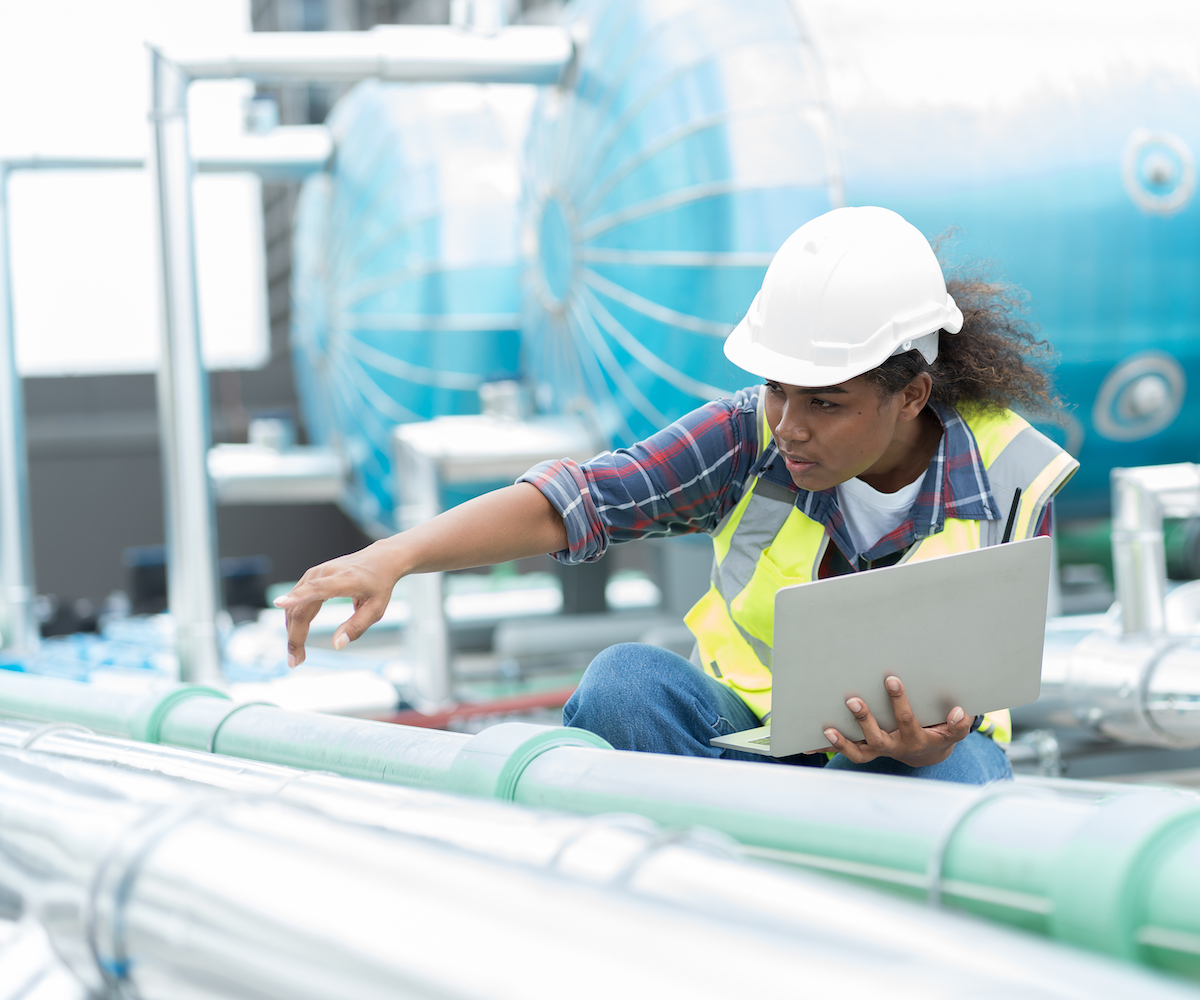Cinq actions pour aider à construire une résilience climatique équitable
La crise climatique exige des solutions nuancées, holistiques et équitables qui intègrent des approches au carrefour de la population, de la santé et du genre, fermement ancrées dans les connaissances et les besoins locaux.







